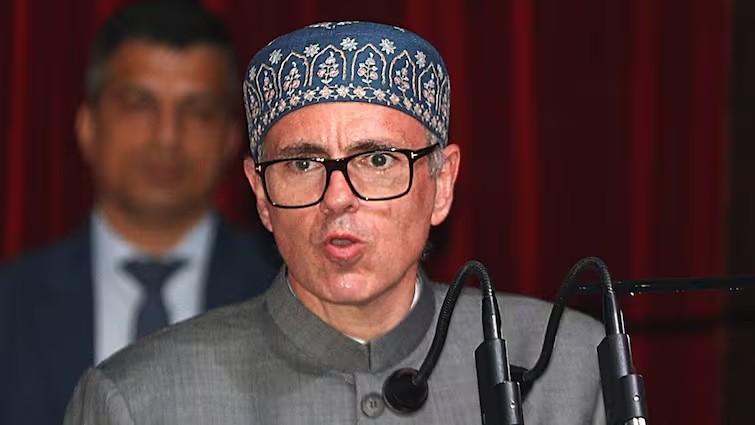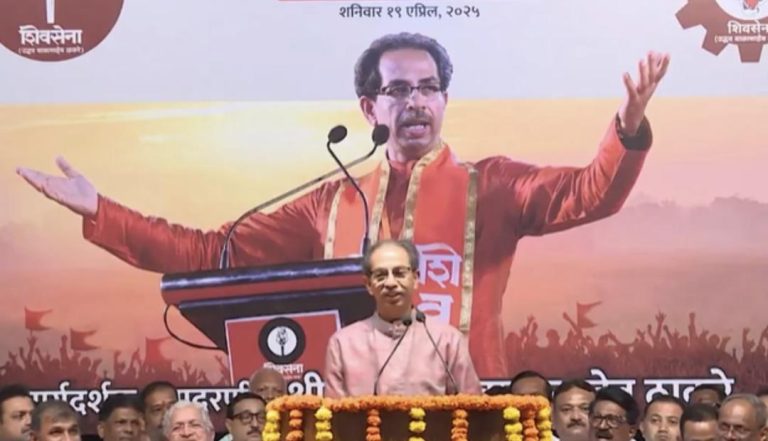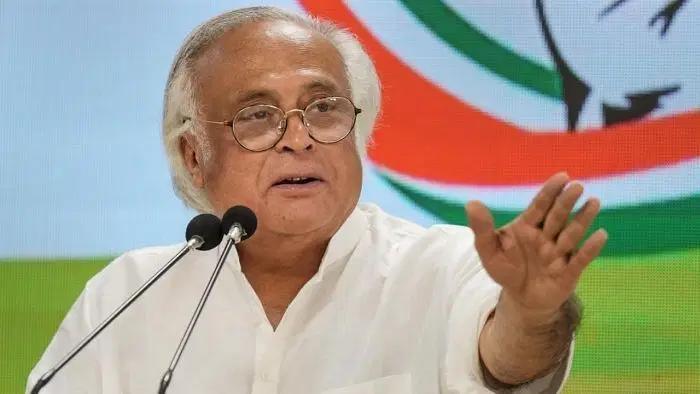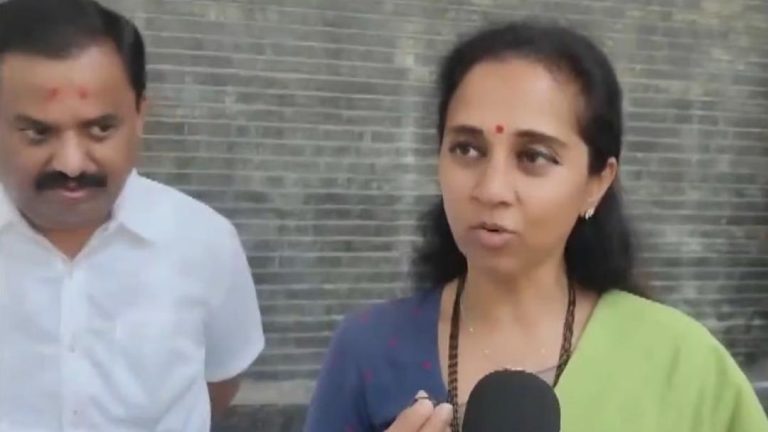
Normalcy in J&K post Art 370 abrogation is forced, not organic: CM
The abrogation of Article 370 from Jammu and Kashmir (J&K) in August 2019 was a significant event that left the country and the world in a state of flux. The move was seen as a bold step by the Central government to integrate the erstwhile state with the rest of the country. However, the reality on the ground has been quite different. The J&K Chief Minister, Omar Abdullah, recently made a telling observation that has sent shockwaves across the political spectrum. According to Abdullah, the normalcy that has been restored in J&K is “forced” and not organic, as claimed by the Centre.
In an interview with a leading news channel, Abdullah said, “If what is happening in J&K is organic, then nothing like it. If it is driven out of fear, then there’s a problem.” He further added, “But I’ll hazard that people don’t believe it is organic.” These remarks have sparked a fresh debate on the situation in J&K, with many questioning the government’s claims of restoring normalcy in the region.
The abrogation of Article 370 was a move that was widely seen as a bold step towards integrating J&K with the rest of the country. The article had given special status to J&K, which had its own constitution, flag, and a degree of autonomy. However, the move was seen as a threat to the region’s unique identity and autonomy by many in the region.
In the aftermath of the move, the Centre deployed thousands of troops to the region, and a strict curfew was imposed. The communication networks were also snapped, and the people were cut off from the outside world. The situation was chaotic, with many fearing for their lives and safety.
However, over the past year, the Centre has made efforts to restore normalcy in the region. The curfew was lifted, and the communication networks were restored. The Centre also introduced a range of measures to promote tourism and economic growth in the region. The situation has improved significantly, with many people returning to their daily routine.
However, Abdullah’s remarks have raised questions about the nature of this normalcy. Is it truly organic, or is it forced? Are the people of J&K living without fear, or are they living under the shadow of fear? These are questions that the government needs to answer.
The Centre’s claim that normalcy has been restored in J&K is based on the fact that life has returned to normal in many parts of the region. The markets are bustling, the schools are open, and the people are going about their daily routine. However, Abdullah’s remarks suggest that this normalcy is not as organic as it seems.
Abdullah’s concerns are not unfounded. The region is still under a strict surveillance, with thousands of troops deployed to maintain law and order. The people are still living under the shadow of fear, with many fearing for their lives and safety. The restrictions on movement and assembly are still in place, and the people are not free to move around or express themselves freely.
The Centre’s claim that the normalcy in J&K is organic is also contradicted by the fact that many people are still unable to return to their homes. The region is still gripped by a sense of uncertainty and fear, with many people living in camps and temporary accommodations.
In conclusion, Omar Abdullah’s remarks have raised important questions about the nature of normalcy in J&K post the abrogation of Article 370. While the Centre has made efforts to restore normalcy in the region, the situation is far from normal. The people of J&K are still living under the shadow of fear, and the region is still gripped by a sense of uncertainty.
The government needs to address these concerns and ensure that the people of J&K are able to live without fear. The Centre needs to restore the autonomy of the region and allow the people to live freely. Only then can we say that normalcy has truly been restored in J&K.






